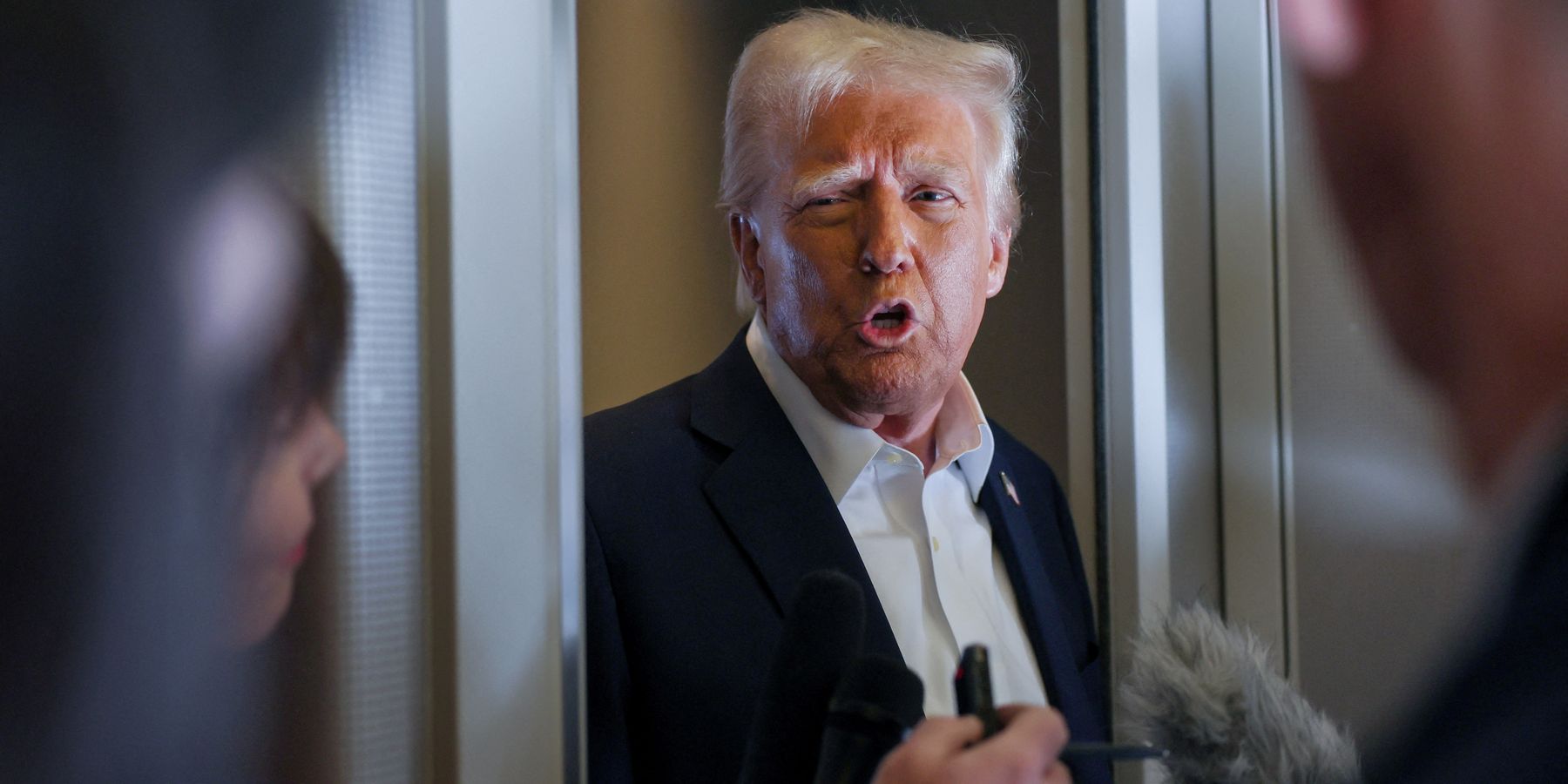President Trump told reporters on Air Force One this weekend that he wants Egypt, Jordan, and other Arab countries to take refugees from Gaza in order to “just clean out that whole thing.” Any forced repatriation of Palestinians would constitute the war crime of ethnic cleansing, although international law has not historically governed Israel or the United States’ treatment of Palestinians.
Yet if Trump were to greenlight such a plan, the result would be extreme destabilization of neighboring states, which would contradict Trump’s stated goal of bringing peace to the Middle East.
As I wrote in a recent brief for the Quincy Institute, Jordan in particular would face a level of upheaval that could bring down King Abdullah II and the Hashemite monarchy that has long worked with the U.S. and Israel. If Trump were to facilitate the displacement of Palestinians into Jordan, Washington could lose an ally and gain an enemy, or at best a government with no interest in working with Tel Aviv or Washington.
Jordan signed a peace treaty with Israel in 1994. A key aspect of the treaty was that Israel would not displace Palestinians into Jordan. When I visited Jordan last fall, many former officials expressed concern that they no longer had a partner in the Israeli government and that Netanyahu was preparing to violate the treaty. If Israel were to do so by forcing Palestinians across the border, King Abdullah of Jordan would either have to respond — which would result in the loss of U.S. assistance that helps Abdullah maintain his throne — or allow the war crime to proceed, which could result in his overthrow.
The Jordanian Muslim Brotherhood, which won a plurality of seats in September’s parliamentary election, would be the organization best placed to take control. Although the Brotherhood historically acted as a “loyal opposition” to the Hashemite kings, in recent years it has faced intensified repression and has responded by adopting more aggressive positions, including on the question of Palestine.
Regardless of whether the Brotherhood or another movement took control of Jordan in the aftermath of the Hashemites’ ouster, the resulting government would be extremely pro-Palestine, reflecting the sentiments of Jordanians, over half of whom are originally Palestinian. The depth of support for Palestine is reflected in the mass boycott of American and European products and businesses, as well as in recent attacks by Jordanians on the Israeli border and embassy.
Even a staunch ally of President Trump, Senator Lindsay Graham (R-SC) expressed confusion at Trump’s remarks about forcing U.S. partners to accept Palestinian refugees: “I don't know what he's talking about. But go talk to MBS, go talk to [the] UAE, go talk to Egypt,” Graham said. “What is their plan for the Palestinians? Do they want them all to leave?”
Trump may view the governments of Jordan and Egypt as reliant on the U.S. and therefore in no position to refuse. Trump has already frozen all foreign assistance except that designated for Israel and Egypt, perhaps to remind Abdullah of his status as dependent. Yet neither Trump nor the Israeli government would be well served by facilitating Abdullah’s downfall and his replacement with a less compliant alternative.
Early in Israel’s war on Gaza, members of Congress reviewed a plan that would have required U.S. partners to accept Palestinian refugees. Interestingly, this plan focused on Egypt, Turkey, Iraq, and Yemen receiving refugees, but not Jordan. This may have reflected a deeper historical understanding that displacing Palestinians into Jordan has not previously facilitated a resolution of the Palestinian issue.
A post on X from the Palestinian human rights activist and former Minister of Education under the PLO Hanan Ashrawi stated, “Note to President Trump: Palestine, including Gaza, the West Bank & Jerusalem, is the land of the Palestinian people […] To ethnically cleanse them is not only inhuman & a war crime, but it also presents a dangerous threat to the stability of the whole region & to the sovereignty of neighbouring states. That’s how to start wars, not end them.”
If Trump wishes to deliver on his stated plan to bring peace to the region, destabilizing U.S. partners like Jordan and Egypt would do the opposite.
- Will Jordan end the peace treaty after Israel annexes the West Bank? ›
- Jordan braces as Israeli annexation of West Bank looms ›
- Trump floors supporters with US 'own' and 'rebuild' Gaza plan | Responsible Statecraft ›
- Trump signals death knell of two-state solution | Responsible Statecraft ›
- Trump's Gaza vision would be US counterinsurgency failure 2025 | Responsible Statecraft ›
- Trump's Gaza plan is not America First | Responsible Statecraft ›
- Jordan’s Abdullah at White House, looking down a barrel of a gun | Responsible Statecraft ›
















